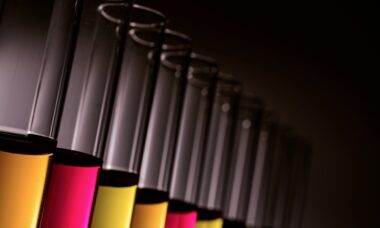
Unsure on e-cig policy, Indian federal government asks states to regulate
16th November 2016 - News analysis |
The Indian government led by prime minister Narendra Modi has told the country’s component states to deal with e-cigarettes as the federal administration remains undecided on how to handle the matter.




















































